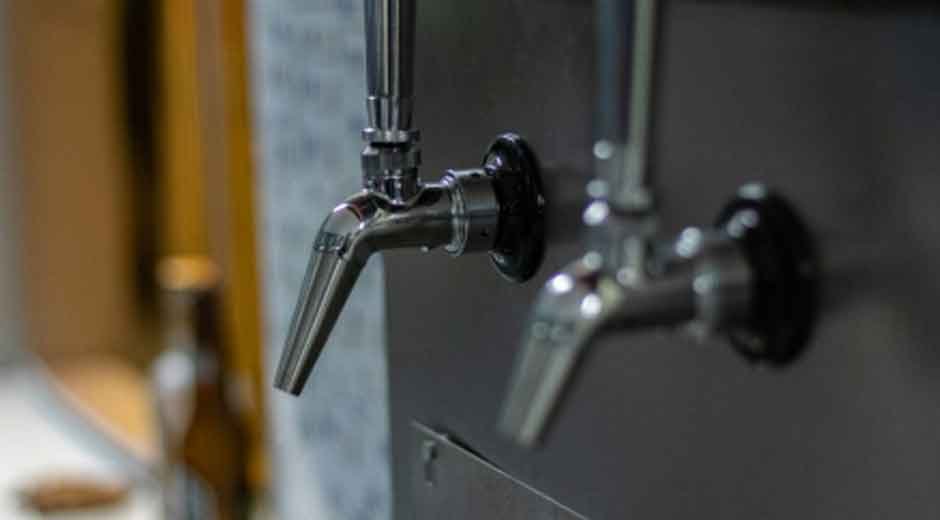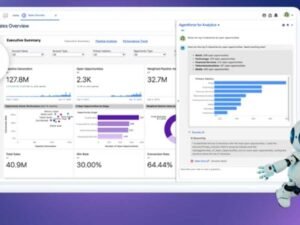A home’s plumbing system works quietly behind the scenes, providing clean water and removing waste every day. Yet, it is more vulnerable to weather changes than most homeowners realize.
As temperatures shift throughout the year, pipes expand and contract, humidity levels fluctuate, and drainage systems experience varying levels of pressure.
These natural transitions can create problems that, if left unaddressed, lead to leaks, clogs, or burst pipes. Homeowners in Kaufman and Ennis, Texas, experience these challenges as the seasons change, making it essential to stay ahead of potential plumbing issues.
Consulting Experts Before the Seasons Shift
Preparing a plumbing system for changing weather patterns requires close attention and professional experience. To ensure your system is examined thoroughly and maintained with care, get in touch with Benjamin Franklin Plumbing® of Kaufman and Ennis.
Their trained specialists understand how seasonal changes influence water flow, pressure, and insulation, and they can identify early signs of wear that might otherwise go unnoticed. With expert guidance and routine inspections, your plumbing remains efficient and reliable throughout the year.
The Challenges of Winter Temperatures
Cold weather is one of the most common causes of plumbing problems. When temperatures fall, water inside the pipes can freeze, expand, and put pressure on the metal or plastic walls. This may lead to cracks or bursts, especially in areas without sufficient insulation. Spaces such as basements, attics, and crawl spaces are often at higher risk.
Keeping indoor temperatures stable and insulating exposed pipes are simple yet effective ways to prevent freezing. Allowing faucets to drip during extremely cold nights helps maintain water flow and reduces pressure buildup.
It is also important to check water heaters before winter begins since they work harder to deliver warm water during this season. Preventive attention during winter safeguards both comfort and cost.
Spring Thaw and Emerging Leaks
When spring arrives, the melting of ice and increased rainfall can reveal damage that occurred during winter. Underground pipes may shift as soil thaws, leading to small leaks or misaligned connections. These subtle issues can go unnoticed until they result in higher water bills or visible wet spots around the home.
Spring is also the season when drains and gutters face heavier water flow. If they are clogged with debris, water may pool near the foundation, causing basement flooding or structural damage. Testing sump pumps and clearing all outdoor drains before the rainy season helps prevent such issues.
Summer Heat and Water Pressure Strain
Summer brings warmer temperatures and heavier water usage, which can put pressure on the plumbing system. Households often use more water for showers, gardening, and outdoor cleaning, creating additional demand on both pipes and water heaters. Heat also causes materials in pipes to expand, sometimes loosening fittings or joints.
Checking for small leaks around faucets, hoses, and outdoor spigots can prevent water loss and pressure drops. Water heaters may develop sediment buildup during the summer due to higher usage, which affects their efficiency. Flushing the tank and inspecting it for rust or corrosion helps maintain consistent performance.
Autumn Maintenance and Winter Preparation
Autumn offers an opportunity to prepare for the colder months ahead. It is the ideal time to drain garden hoses, shut off outdoor faucets, and clear irrigation lines. Any water left inside these fixtures can freeze during winter and cause cracks or breaks. Leaves and debris that collect in gutters and drains should also be removed to ensure proper water flow away from the home.
Indoors, inspecting for minor leaks and ensuring pipes are insulated provides extra protection against freezing. Testing the water heater and replacing worn-out components guarantees a reliable hot water supply during winter. Taking care of these tasks in autumn helps strengthen the plumbing system before harsher weather arrives.
Temperature Shifts and Pipe Movement
Plumbing systems constantly respond to temperature changes throughout the year. Even small fluctuations can cause materials to expand and contract repeatedly, weakening joints and seals over time. This gradual stress may lead to leaks or minor ruptures that worsen if not repaired.
Using proper insulation around pipes helps reduce temperature impact and maintain steady water flow. Regularly checking areas exposed to extreme conditions, such as attics or garages, prevents unnoticed wear. Consistent indoor temperature control also minimizes the physical strain on pipes.
Storms and Drainage Pressure
Heavy seasonal storms bring another layer of risk. Excessive rain can overwhelm gutters, storm drains, and sewer systems, leading to water backup or overflow. When outdoor drains become blocked with dirt and leaves, pressure can build within underground pipes and eventually cause damage.
Cleaning drains before stormy weather helps prevent blockages and flooding. Homes with sump pumps should have them tested regularly to ensure they operate correctly when needed.
Installing backflow prevention devices adds an extra layer of safety against sewage backup during severe weather. Consistent maintenance before storm season protects both the plumbing and the home’s foundation from water damage.
Maintenance as a Year-Round Routine
Effective plumbing care depends on consistent maintenance, not just seasonal fixes. Each season highlights different priorities. Winter focuses on preventing frozen pipes. Spring emphasizes leak detection and drainage checks. Summer centers on managing water pressure and maintaining the water heater. Autumn calls for outdoor preparation and insulation.
Following a seasonal checklist ensures that each part of the system remains in good condition. Small, regular efforts like cleaning drains, checking pressure, and inspecting seals extend the lifespan of pipes and fixtures. Preventive care reduces emergency repairs and helps maintain a steady water supply throughout the year.
The Cycle of Seasons and Plumbing Health
The changing seasons are a natural part of life, but their impact on plumbing systems can be managed with awareness and preparation. Pipes, drains, and fixtures react to environmental conditions, but regular care keeps them performing reliably.
By inspecting the system before every seasonal shift and addressing issues early, homeowners in Kaufman and Ennis can keep their plumbing dependable year after year. Preventive maintenance, combined with professional support when needed, ensures that your plumbing continues to work smoothly no matter what the weather brings.










